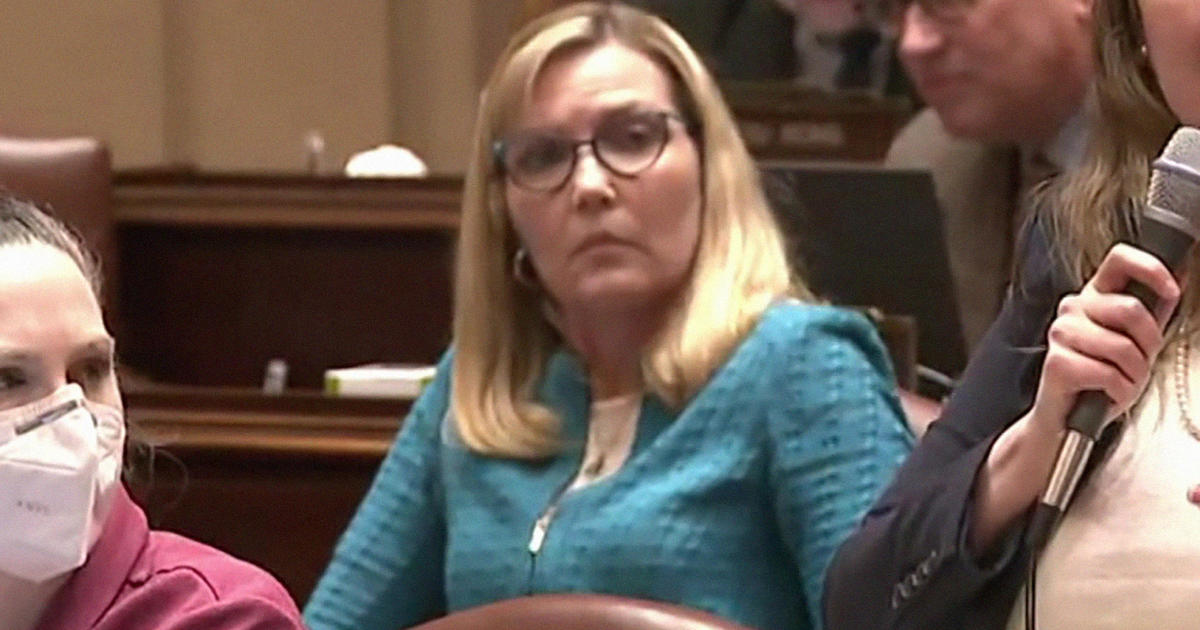Gov. Tim Walz unveils $226 million supplemental budget proposal
ST. PAUL, Minn. — Gov. Tim Walz on Monday unveiled a $226 million supplemental budget, a scaled-back proposal that prioritizes policies impacting children, public safety and water quality.
The spending plan, if approved by the legislature, would be extra spending in addition to the already approved $72 billion budget for this two-year budget cycle — the largest in state history — that lawmakers signed off on last year.
Funding for infrastructure through a bonding bill remains the primary focus of the session since it's a non-budget writing year.
"That's why we're going to meet this moment with a smaller, intentional supplemental budget that addresses statewide needs to ensure we're continuing to provide efficient high-quality government services," Walz told reporters.
The largest single line item in his proposal makes changes to the new child tax credit passed last year that researchers estimate could cut child poverty by one-third. Walz wants the legislature to first authorize advanced, periodic payments of the credit, which is a maximum of $1,750 per child.
Families could opt-in to get half of the credit before tax filing season begins, though the Department of Revenue has not yet determined the pay structure — if it will be monthly, bi-monthly or quarterly.
The plan sets aside $45 million for the "Child Tax Credit Payment Protection'' pilot program over four years. It's designed to create a buffer for people who previously met the income limits for the credit, but whose financial situation has improved. Fear of making too much money is an obstacle to getting people to apply for advanced payments, said Paul Marquart, commissioner of the Department of Revenue.
"This gives you a minimum credit of 50% of the certain income level. So the importance of it is this now becomes an incentive to go out and increase your income," he explained. "You don't have that fear that you get into the program, you might have to pay things back at the end. And that's going to lead to a better, more successful program."
Walz is also pitching money to support the transition to the new Department of Children, Youth, and Families, which will have jurisdiction over child welfare and food assistance programs and to improve the state's social services systems. There's also $5 million for food banks to tackle insecurity and a one-time boost to teachers' pension funds, saving $450 for an educator making $50,000 annually, Walz said.
"This budget I think fits all the bills Minnesotans are looking for — fiscally responsible by investing in our children, investing in the middle class, investing in our and growing businesses all while keeping a solid fiscal footing," he told reporters.
Walz also earmarked $16 million to shore up emergency medical services that are on the brink of collapsein some parts of rural Minnesota. The money would be for aid for ambulance providers and to establish "innovation zones," which a task force studying the industry's woes discussed as a way to study new ways of delivering emergency care for communities.
That funding is much smaller than the $120 million some lawmakers want to pass to address the crisis, drawing some criticism.
"With $3.5 billion left on the bottom line, I'm stunned to learn the Governor wants to pinch pennies before funding emergency medical services for greater Minnesota. This is a laughable amount and no one should be proud of this proposal," said Sen. Andrew Lang, R-Olivia.
Sen. Grant Hauschild, who serves on the EMS task force and has been sounding the alarm about the EMS challenges, said he was grateful that the governor included one-time assistance in his budget plan, but said the numbers fall short.
Walz acknowledged the concern.
"It is smaller, not because we don't agree that the issue is of that magnitude. We think this does what it needs to do in the short run to get us to the point where we can talk about longer-term funding and solutions," he said.
The governor vowed a smaller supplemental budget following the budget forecast in which state economists and financial experts projected revenues would not keep pace with spending in the next biennium, which could lead to a future deficit if lawmakers aren't careful.
Walz's proposal he revealed Monday would ensure $2 billion on the bottom line for fiscal years 2026 and 2027. The legislature is considering its own additional spending priorities this session.




